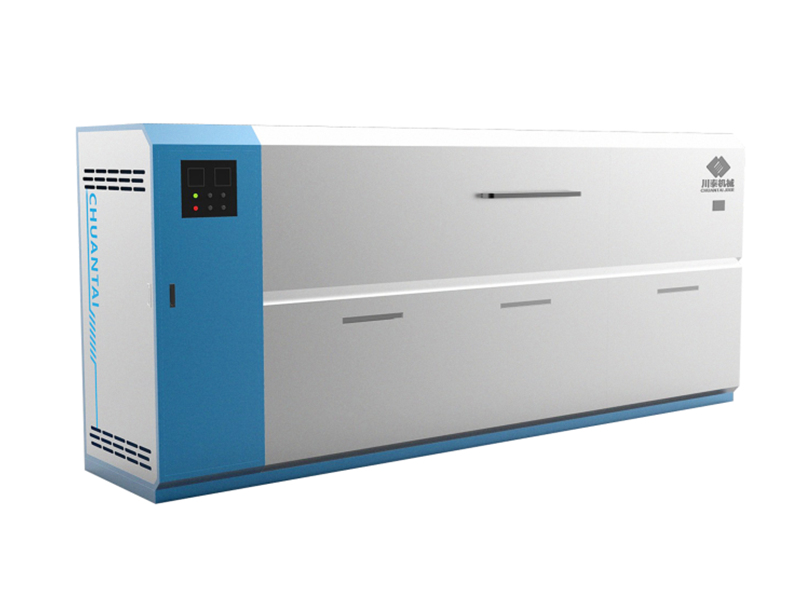Company news
Maximizing Efficiency with Waste Food Residue Dewatering Machines

Introduction:
In the quest for sustainable practices and resource optimization, the management of food waste has become a paramount concern. Waste food residue dewatering machines emerge as a crucial solution in this endeavor, offering an efficient way to process and manage organic waste. This article explores the functionalities and benefits of these innovative machines.
Section 1: Understanding Waste Food Residue Dewatering Machines
Waste food residue dewatering machines are specialized devices designed to remove excess water content from organic waste, primarily food leftovers and kitchen scraps. Using advanced technology, these machines separate water from the solid residue, resulting in a more manageable and environmentally friendly waste product.
Section 2: How do They Work?
The dewatering process involves several key steps. First, the waste food residue is loaded into the machine, where a powerful mechanism begins the separation of water and solids. The machine's design ensures that water is efficiently extracted, leaving behind a drier and more compact residue. The separated water can be reused or further treated, contributing to water conservation efforts.
Section 3: Benefits of Waste Food Residue Dewatering Machines
a. Resource Conservation: By reducing the water content in food waste, these machines contribute to resource conservation. The drier residue takes up less space, making it easier to handle and transport for further processing.
b. Odor Control: Dewatering machines play a significant role in odor control. By minimizing the water content, the growth of odor-producing bacteria is inhibited, resulting in a more pleasant and hygienic waste management process.
c. Environmental Impact: The reduced volume of waste and efficient water extraction contribute to a smaller environmental footprint. This aligns with global efforts to minimize the impact of waste on landfills and ecosystems.
Section 4: Applications of Waste Food Residue Dewatering Machines
These machines find applications in various industries and settings:
a. Commercial Kitchens: Restaurants, catering services, and large-scale kitchens can benefit from these machines to streamline their waste management processes.
b. Food Processing Plants: Industries involved in food processing can integrate dewatering machines to handle organic by-products more efficiently.
c. Municipal Waste Management: Cities and municipalities can implement these machines in their waste treatment facilities, improving overall waste management practices.
Conclusion:
Waste food residue dewatering machines are revolutionizing the way we handle organic waste. From resource conservation to odor control, the benefits of these machines are extensive. As we strive for a more sustainable future, integrating such technologies into our waste management systems is a crucial step forward.
Recommend
- Enhancing Sustainability: The Role of Residue Dewatering Machines2024-01-25
- Transforming Agriculture: The Role of Animal Manure Dewatering Machines2024-01-24
- The Revolutionary Cannabis Dehydrator: A Game-Changer in Drying Techniques2024-01-24
- Revolutionizing Cannabis Processing: The Role of Cannabis Dehydration Machines2024-01-23
- The Benefits of Using Hemp Alcohol Residue Screw Press Machine2024-01-22
NEWS
NEWS
Contact us
QQ:1272370381
Mob:+86 13053656336
TEL:+86 15684339888
Email:chuantaiscrewpress@gmail.com
ADD:Weifang City, Shandong Province,China
